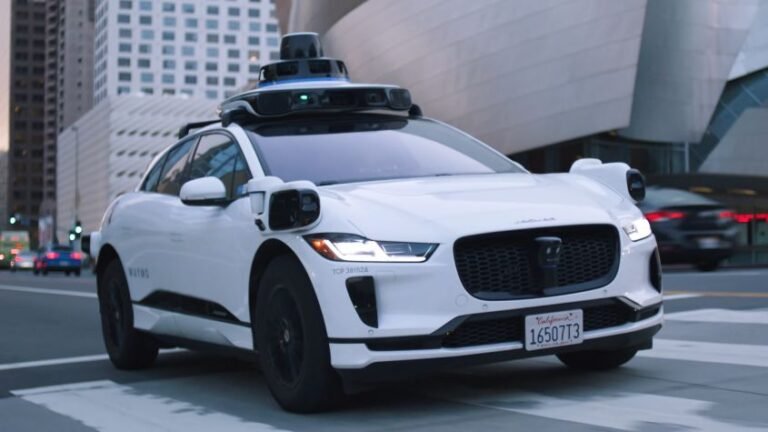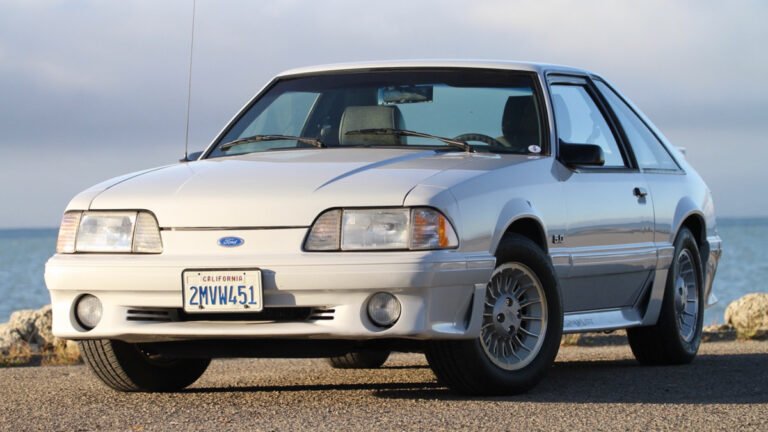

- Hyundai recently upped its US investment commitment from $21B to $26B.
- Company’s investment may have weakened Korea’s leverage in US trade talks.
- South Korea is still trying to get the US government to drop its hefty tariffs.
The South Korean government is none too pleased with Hyundai’s massive US investments, particularly as tensions linger with the Trump administration over a new trade deal. Indeed, one lawmaker has even gone so far as to accuse Hyundai of trying to curry favor with President Donald Trump.
Just two weeks after Hyundai’s massive plant in Georgia was raided by US Immigration and Customs Enforcement agents, and hundreds of Korean workers were detained, the automaker announced plans to boost its American investments by 32 percent, bringing the total to $11.6 billion.
This move landed awkwardly back home. Many in South Korea had warned that the raid could discourage local companies from expanding into the United States, and Hyundai’s timing only added to the unease.
Read: Turns Out 300 Of The ‘Illegal Aliens’ Detained At Hyundai Plant Are Koreans
While recently speaking with members of the press, South Korea’s industry minister Kim Jung-kwan described the timing of the investments as “deeply regrettable.”
“We told Hyundai that [its] conduct was deeply regrettable, especially considering that our efforts have been made for the sake of Hyundai and Kia’s industry,” Kim said. “I believe that Hyundai now fully understands the Korean public sentiment.”

According to the South China Morning Post, Korean officials have clashed with US counterparts over roughly $350 billion in American investments as Seoul seeks lower tariffs on Korean cars.
Who Benefits Most?
According to independent lawmaker Kim Jong-min, Hyundai’s investments weakened Korea’s leverage during trade talks. “Isn’t the Korea-US tariff negotiation essentially a negotiation concerning Hyundai?” he asked.
“Since Hyundai is the main player in this issue, I believe that the way Hyundai responded was not helpful to the negotiations.”
Hyundai has been particularly active on the investment front this year. In March, it pledged $21 billion to strengthen its automotive, steel, and robotics businesses. By August, that figure had grown to $26 billion, with a promise to create 25,000 direct jobs in the United States by 2028.
Sources: South China Morning Post



